Blog
The imposture of Kopi Luwak, the most expensive coffee in the world
16 January 2018
In Indonesia and, of course, Bali in particular, you will very often have the opportunity to taste a “Kopi Luwak” (“civet coffee”). This specific coffee prepared from coffee beans that are ingested by the civet and which, after their passage through the animal’s digestive system, are expelled in their excrements!
Civets are omnivorous creatures that can be found in South East Asia and Sub-Saharan Africa. Measuring about 50cm and weighing in at 2 to 5kgs, civets are wild, nocturnal, and solitary animals that live in forests. They feed mainly on fruits (such as mangoes and rambutans), berries, coffee cherries, insects, and small animals (such as lizards and mice).
The passage of coffee beans through a civet’s digestive tract favors the beans’ fermentation. This fermentation process softens the acidity of the coffee (Robusta or Arabica) and gives it, according to the testimony of coffee experts, a distinct taste, and wonderful creaminess. This makes it possible to market such a product at an astronomical price of around 50 euros a cup in some American or European establishments.
Originally, "Coffee Luwak" was made from the excrements of wild civets roaming freely in coffee plantations. However, due to the financial interest generated by the marketing of this coffee, producers have taken to capturing these wild animals and settling them on farms, where they are locked in cages and subjected to unbearable living conditions. In the interest of mass production, the captive civets are exclusively fed coffee beans. They no longer choose the best grains, a selection process that is of paramount importance since the grains ingested by the civets determine the quality of the coffee produced. These animals become slaves of the coffee industry, being able to feed only on coffee beans, which are certainly not their natural leading food group. Enclosed in tiny cages, Luwak's only activity consists of eating coffee and defecating. Their conditions in terms of captivity and food intake, render them utterly stressed and alienated after only a few days.
Most importantly, to those who choose to ignore these unacceptable methods of producing the world’s most expensive coffee, the luxury product marketed with the label “Coffee Luwak” is often in no way actual “Kopi Luwak.” Attracted by the enormous profits, producers do not hesitate to usurp the name “Coffee Luwak” to market traditional coffee. Experts believe that the coffee market sells 5,000% more “Coffee Luwak” every year that produced! Several testimonies captured on hidden cameras have proven that individual producers do not hesitate to call traditional coffee “Coffee Luwak” or “Coffee Luwak from wild animals,” a coffee produced through the exploitation of animals caged in atrocious conditions. Tony Wild, the coffee marketer who introduced “Kopi Luwak” to Western markets, considers that this product is “over-industrialized, abusive and counterfeit” (The Guardian). No official international certification can guarantee that coffee produced through the exploitation of wild animals.
This luxury product benefits from excellent marketing, but does not keep its promises and is impossible to control. Producing a good coffee requires unique expertise at every stage of the production process: from picking grains, to fermentation, to roasting, and so on. It is not necessary to favor a coffee that comes from the digestive tract of abused animals more or less. Continue to savor your usual coffee without succumbing to the hype surrounding an uncertain product that fails to offer the most basic respect towards the animals that help produce it.
Text by Pierrick Bigot






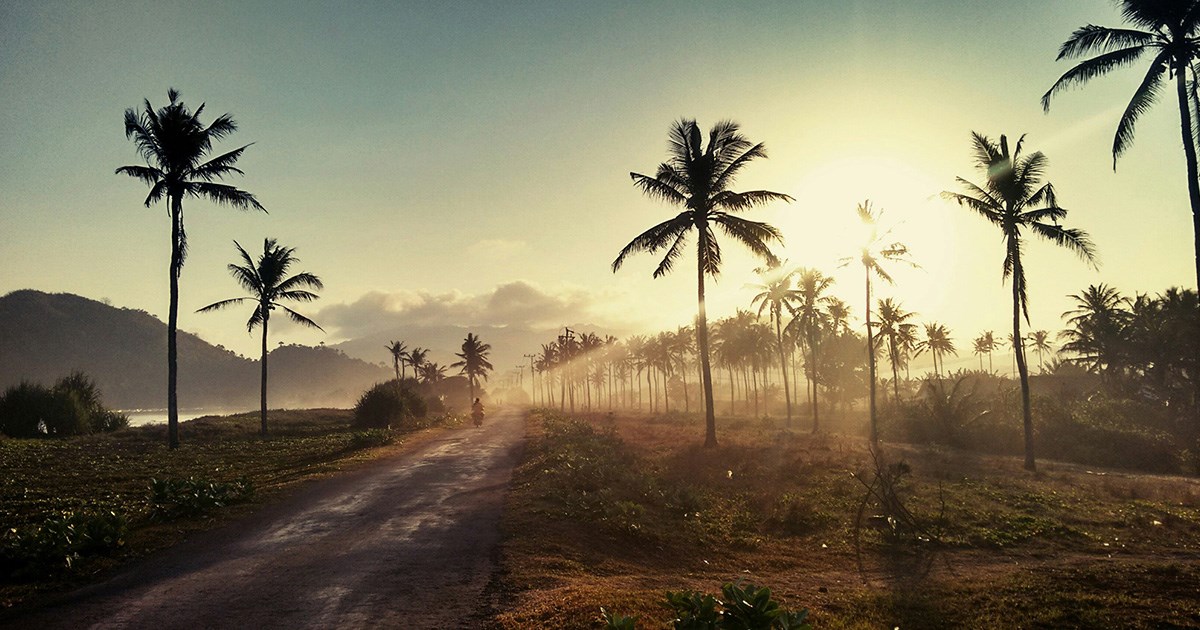
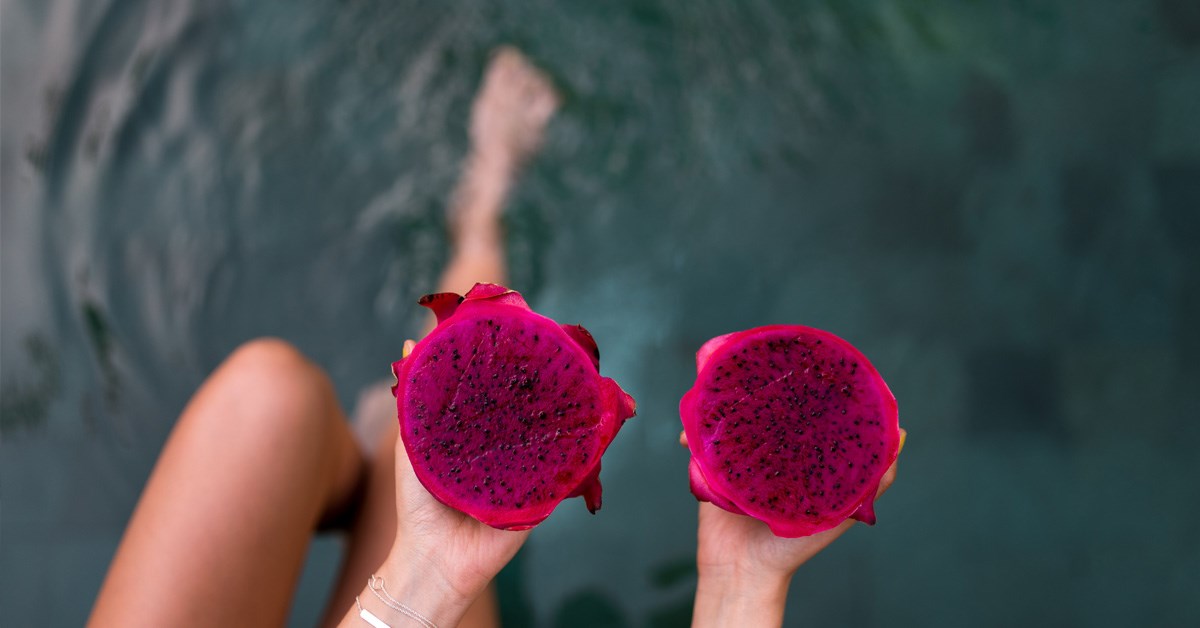
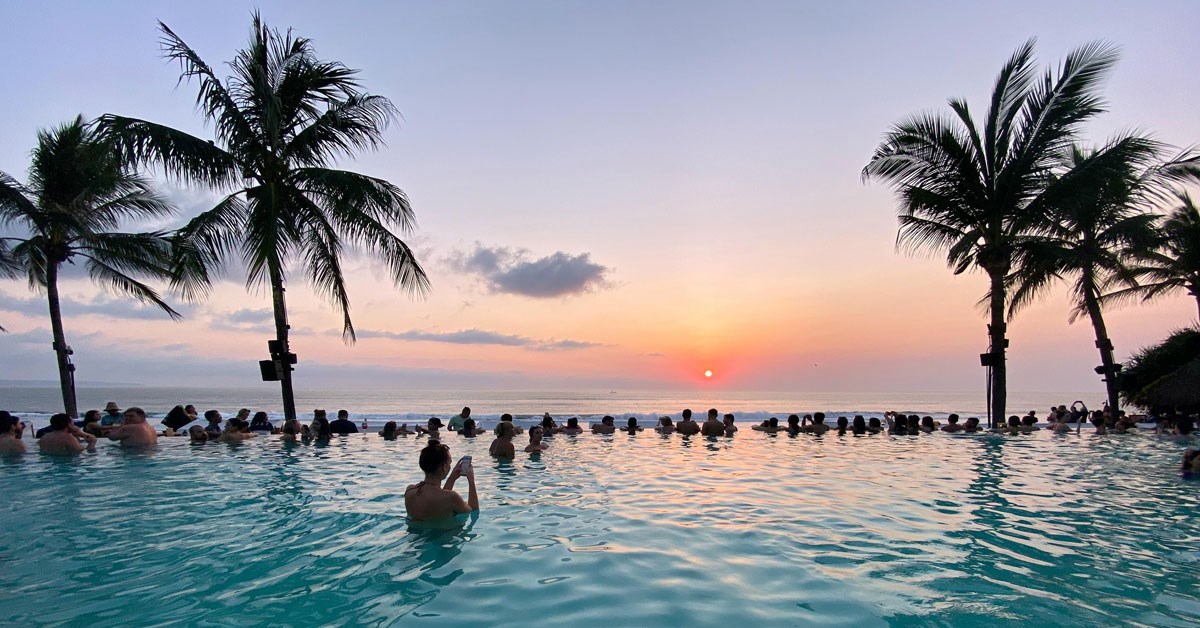
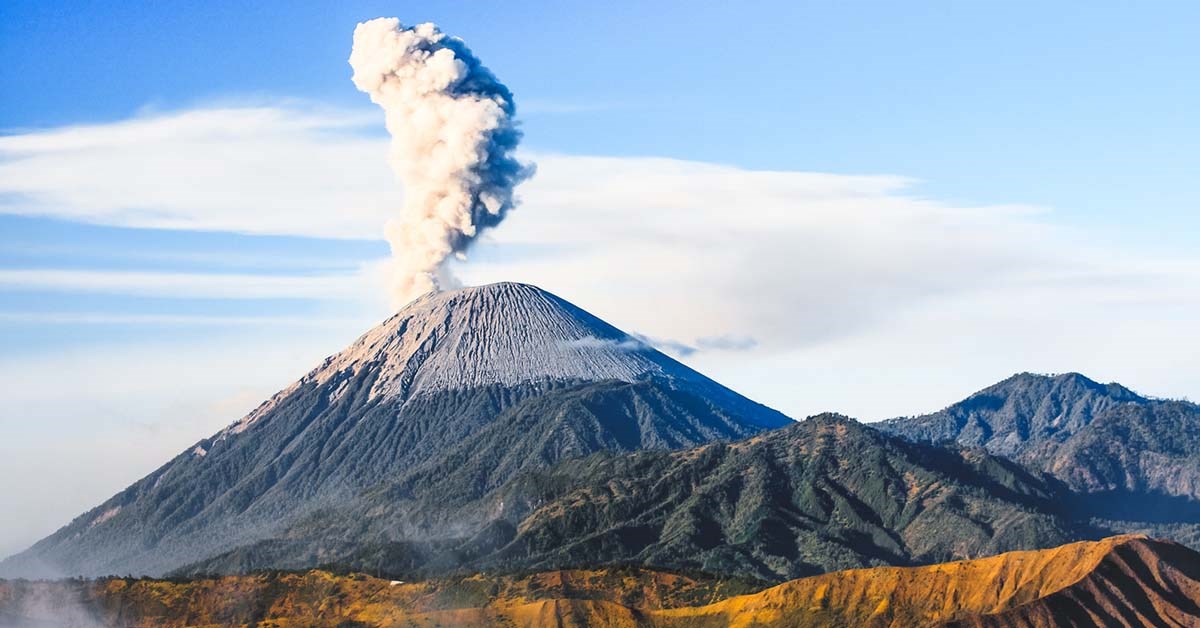
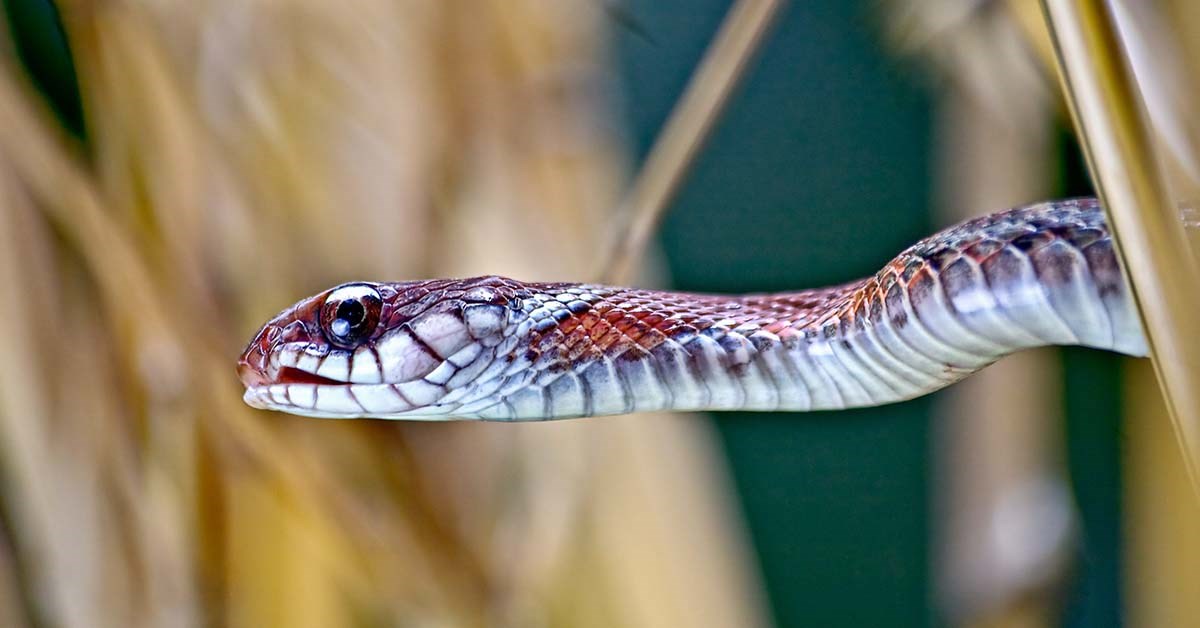
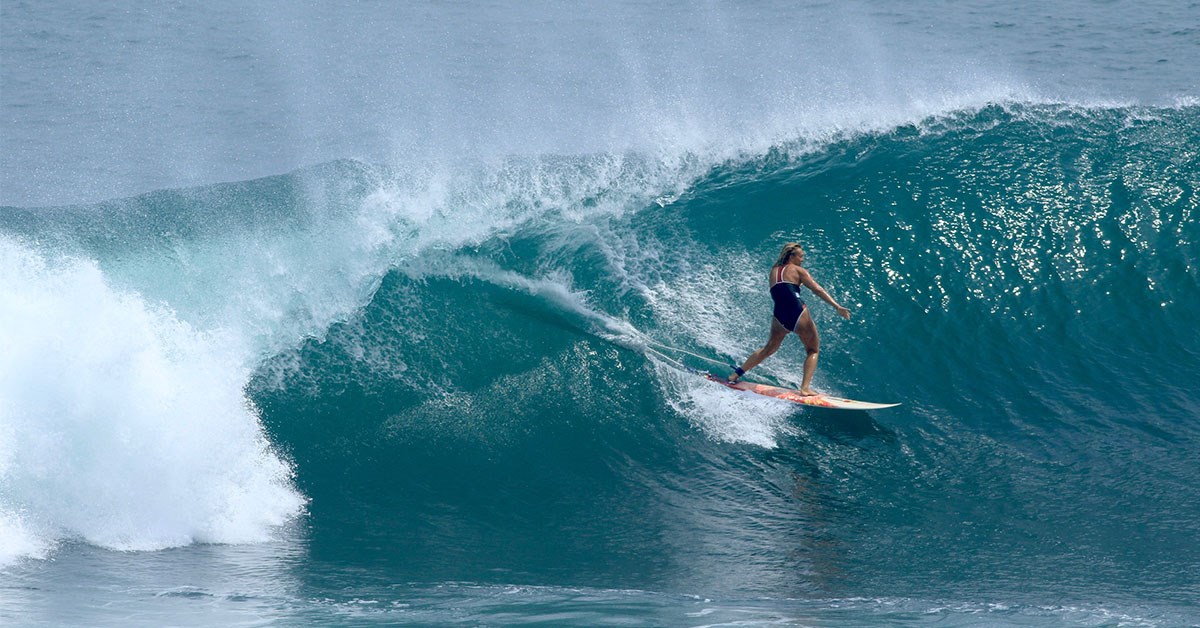
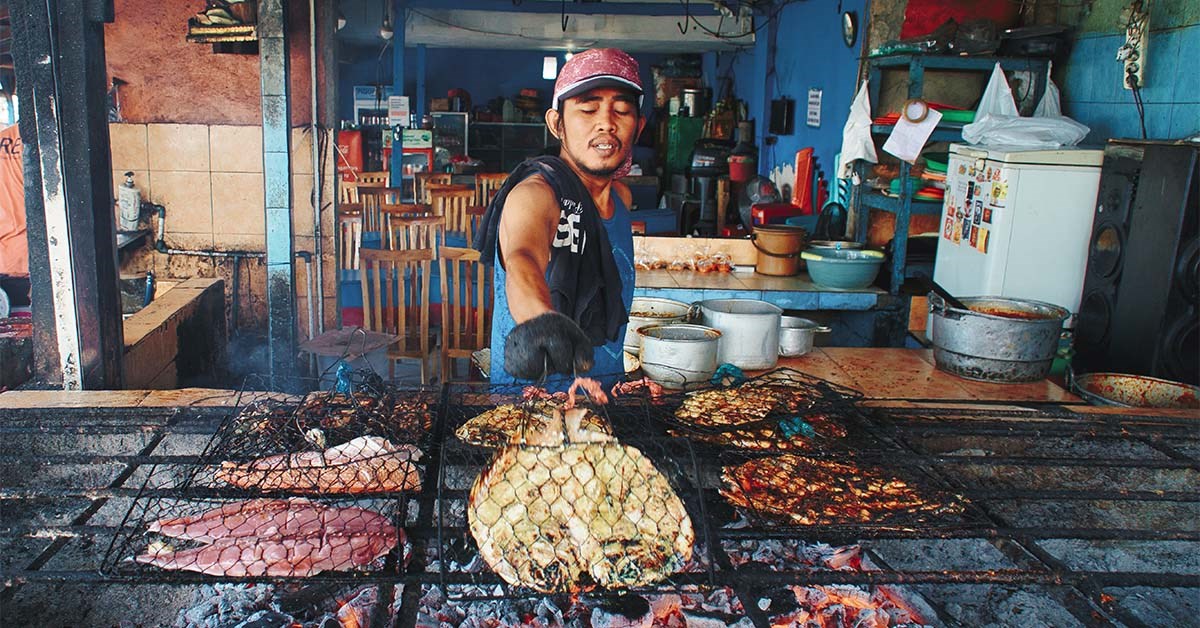
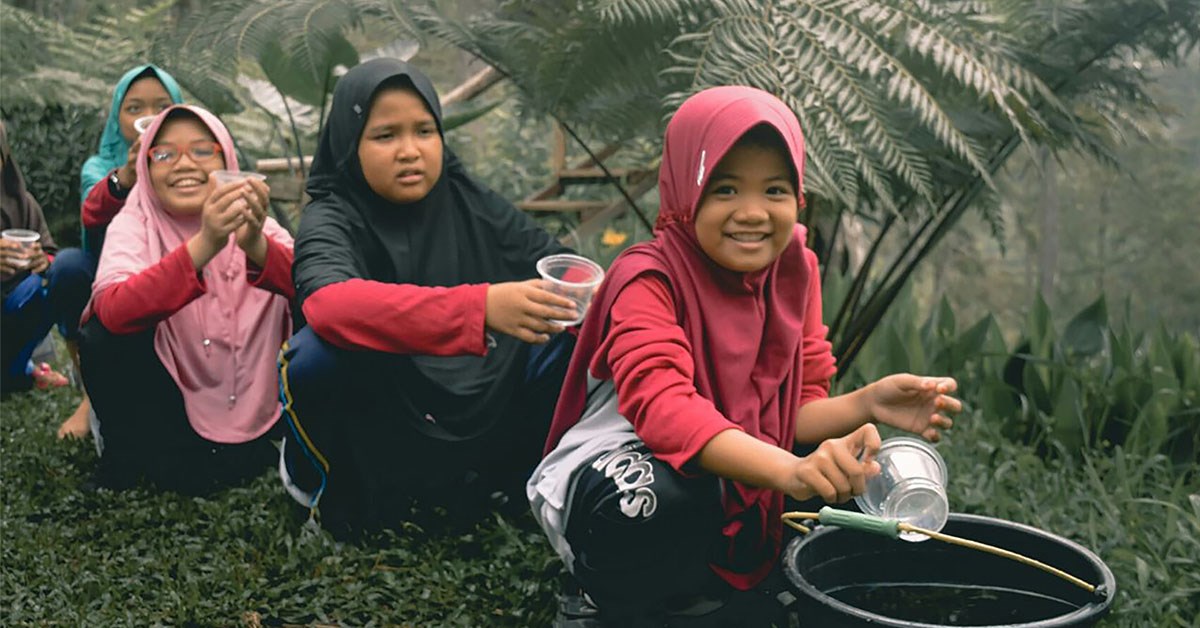
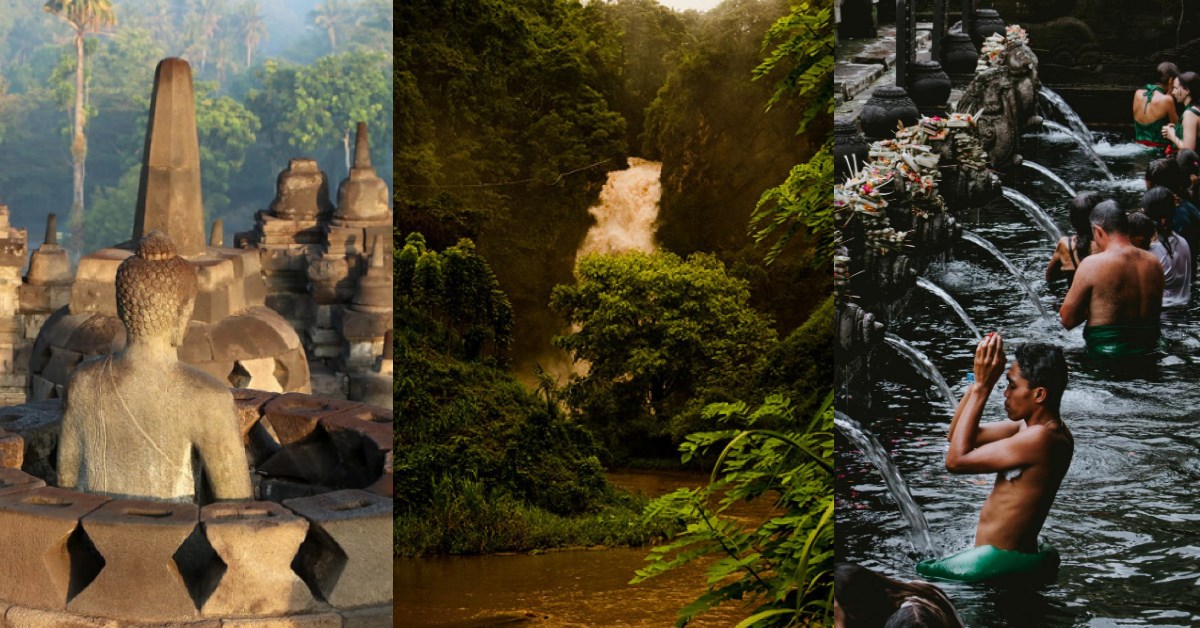
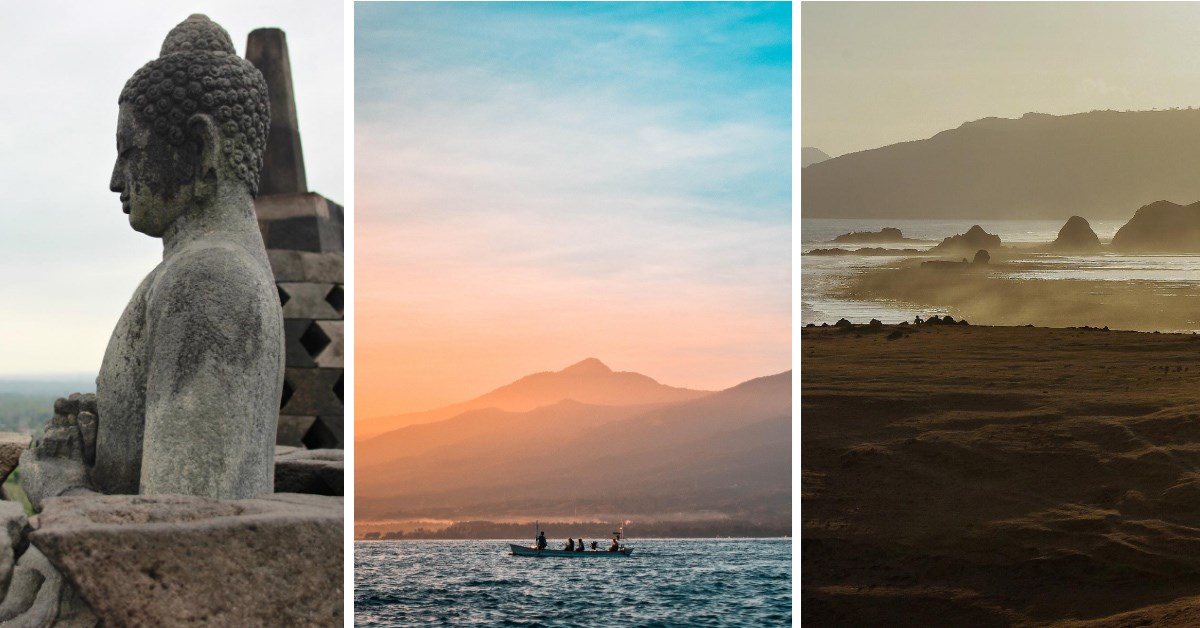
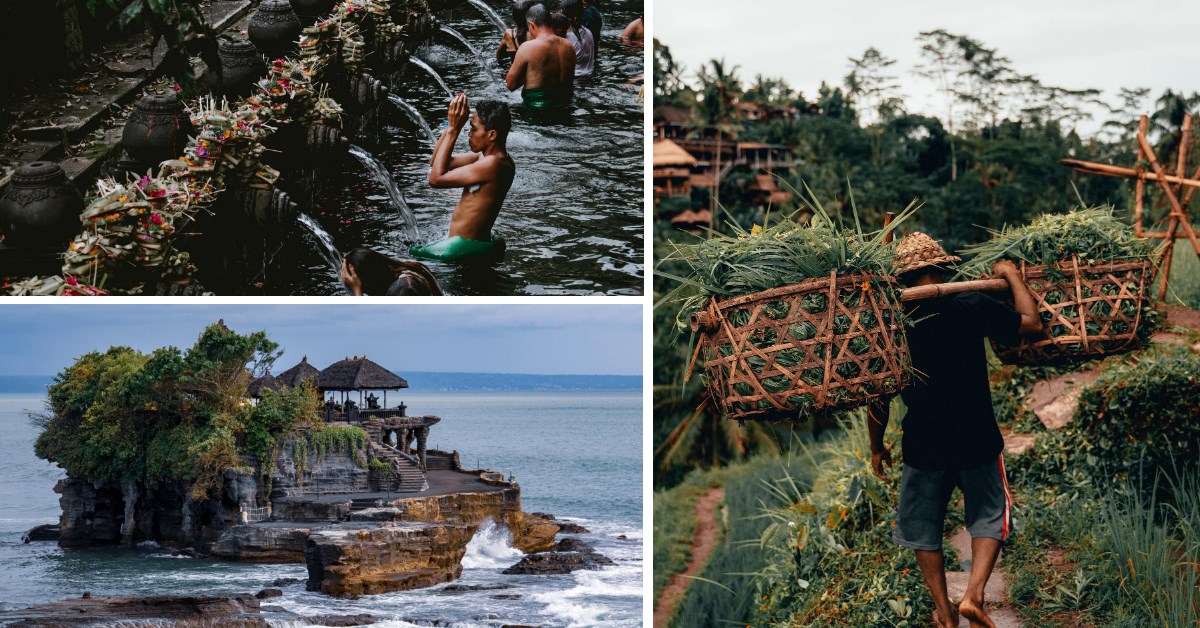
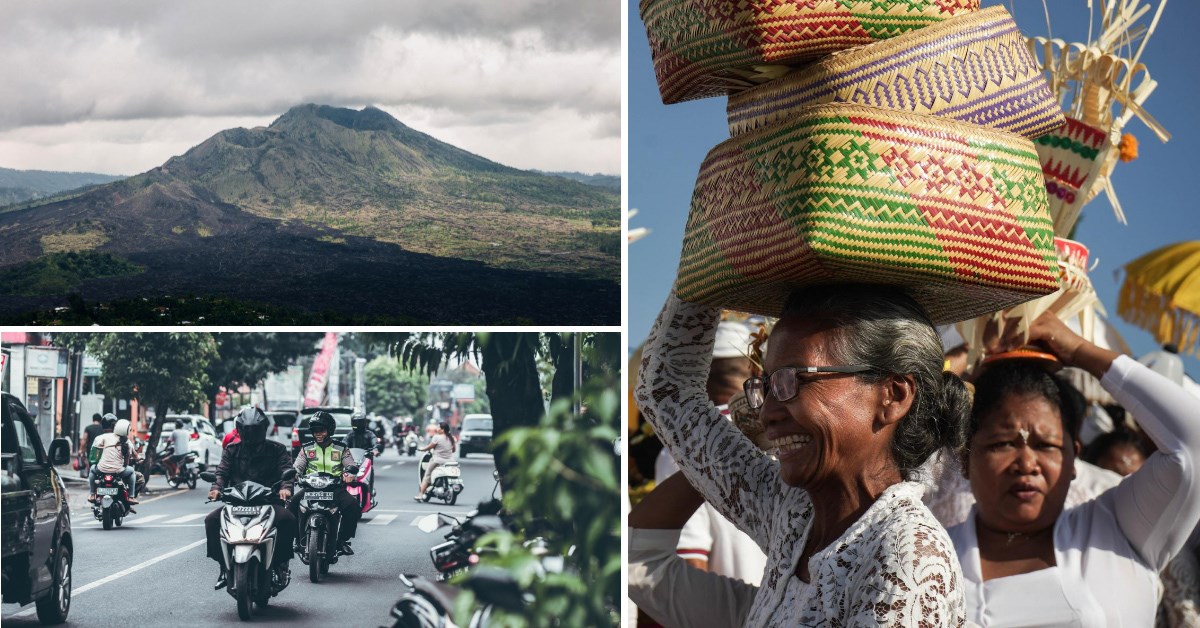
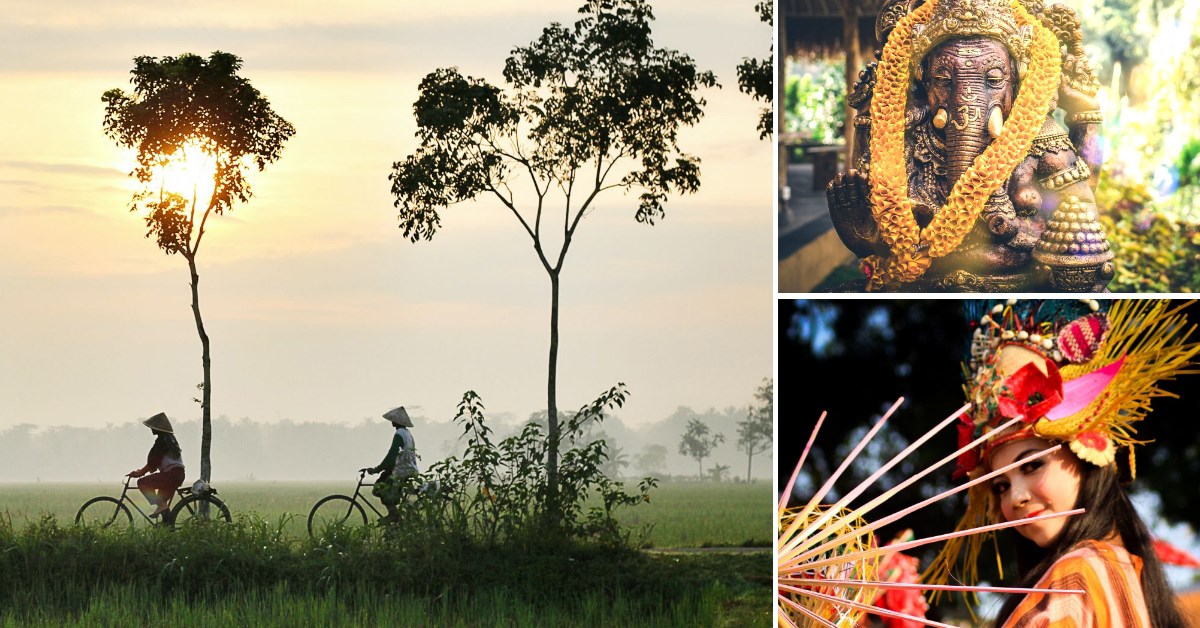


Be the first to leave a review